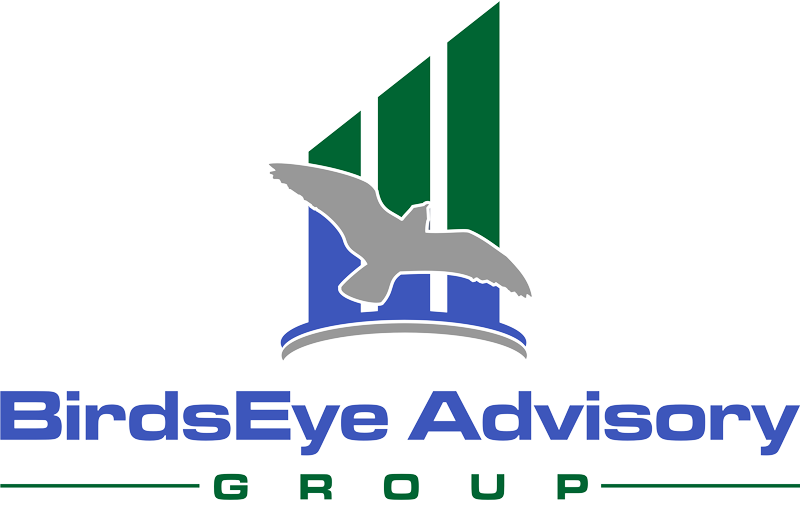On June 27th, I’m excited to moderate THE FUTURE OF THE PET INDUSTRY: PROFITING FROM OUR CHANGING DEMOGRAPHIC TRENDS. Our presenter will be Michael Johnson, Vice President of Marketing & Information at Chuck Latham Associates. Michael specializes in CPG / FMCG Marketing, Analysis & Research across the Food, Drug, Mass and Pet Specialty Channels.
Michael gave a terrific presentation at PIJAC’s Top-To-Top conference in April. He revealed fascinating data about the changing demographics in this country and how it will affect the pet industry. I thought it would be a perfect opportunity to follow up with an educational webcast that addresses the question: “So as a pet product manufacturer, how can I benefit from this demographical information? Given that there are some significant changes coming our way, what shall my strategy be to make sure I don’t get left behind?”
So on June 27th, Michael will present an overview of the demographical changes, and then will offer suggestions and solutions to take advantage of these changes. To whet your appetite to attend our webcast, I asked Michael to put together some highlights from his Top-To-Top presentation:
The pet industry has grown to be one of the U.S’s most viable business segments, posting solid year-over-year gains for the past 20 years; with several of those gains happening during a recession. Pet has shown this strength and resiliency because it has become a very emotion-driven sector. Pets are no longer just animals – they are members of the family, and consumers have shown little willingness to cut back spending on these family members.
Today’s pet industry, like much of the U.S. economy itself, was built largely on the earning and spending of the Baby Boomers, that ambitious and product-hungry generation of nearly 80 million Americans born between 1945 and 1965. This group created more disposable income than had ever before been seen and also greatly elevated personal consumption spending.
But this segment is now aging. In fact, nearly 10,000 boomers turn 65 every day, and will continue to for the next 18 years. While retirees continue to be a great pet market, studies show that once a person reaches their early 70s their affinity and ability to interact with a pet significantly decreases. To that end, this key pet segment will be dropping out of the market over the next twenty years, which means we need to be looking at the next key consumers now. Who might they be?
Today, other generations (Gen X, Gen Y, and Gen Z) do not control nearly as much wealth, and are living in tough economic times. Gen X, the smaller generation born between 1966 and 1984 and the children of the boomers, is the first cohort in U.S. history to not do as well as their parents did. Gen Y, born between 1984 and 2002, is a very large and ethnically diverse segment, however, they are growing up with a lot of economic uncertainty, in a tough job market, and have more student loan debt than the nation has even seen. Gen Z, children born after 2002, are digital natives, and this cohort will be fully multicultural. However, recent studies indicate that kids today, with so many demands on their time (piano, soccer, gymnastics, t-ball, and hours of video gaming) are showing less interest in pets than previous generations.
In addition, white population growth has slowed, while minority population growth is booming. This is noteworthy as over 90% of the pet owning households in our country are white.
With the country changing as it is – economically, demographically, and technologically – who will be the next great marketplace? Twenty years from now, will we be able to say we made the moves necessary to attract new consumers and to market to new, untapped demographics to ensure the pet market remains viable? Join us on June 27th to find out more!
Carol Frank of Boulder, CO, is the founder of four companies in the pet industry and a Managing Director with BirdsEye Advisory Group, where she advises pet companies in M&A transactions and Exit Planning. She is a former CPA, has an MBA, is a Certified Mergers and Acquisitions Advisory (CM&AA) and holds Series 79 and 63 licenses. She highly values and incentivizes referrals and can be reached at cfrank@birdseyeadvisory.com.
